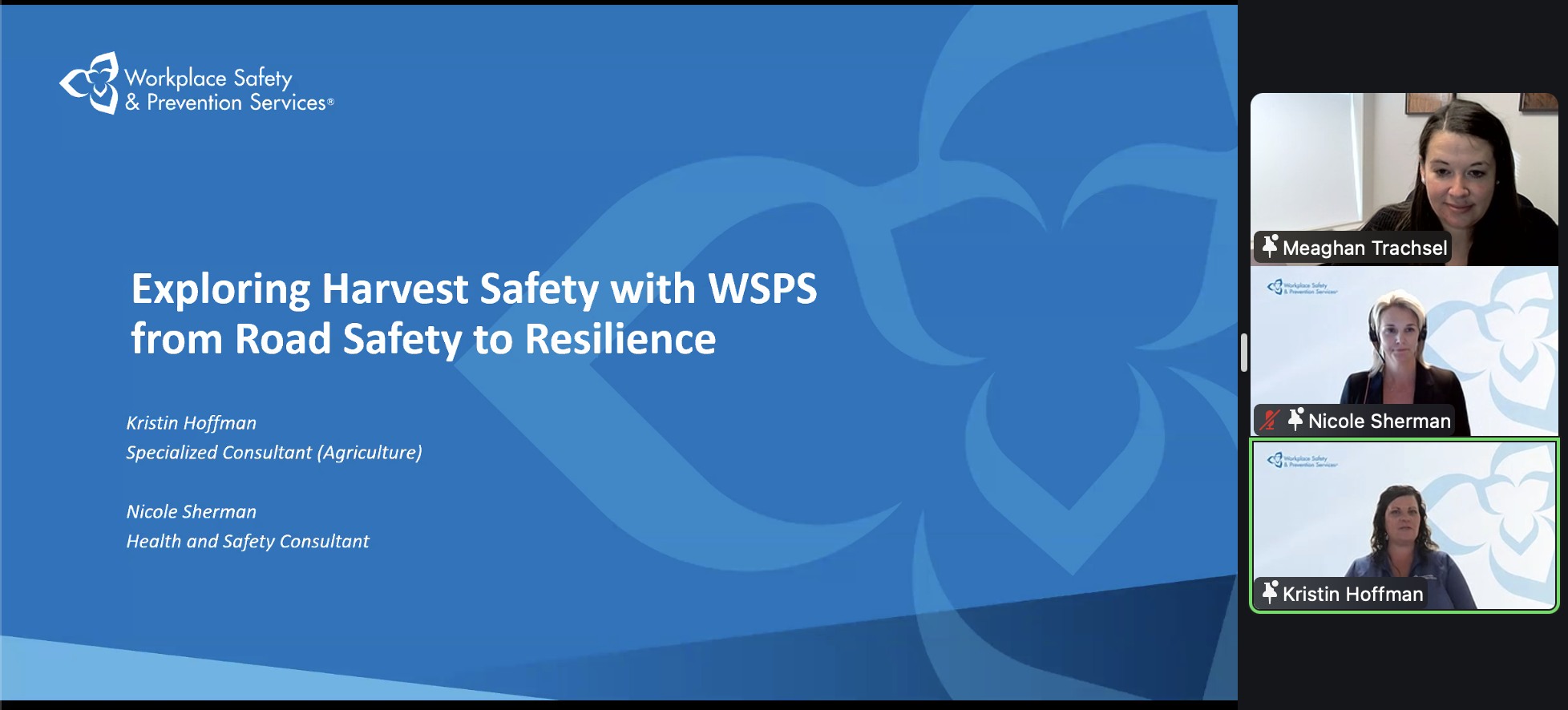The federal government has pledged $19.9 million for a program to connect researchers across the country in developing cost-effective cellulosic ethanol, made mostly from ag biomass.
“This major research will not only help advance our cellulosic ethanol production, but will also help our farmers increase their income by producing new crop varieties designed specifically for the energy market,” federal Revenue Minister Jean-Pierre Blackburn said in a release Thursday.
The federal funding, coming through Ottawa’s Agricultural Bioproducts Innovation Program (ABIP), will go to the Cellulosic Biofuels Network (CBN), which is expected to provide “expertise, new technologies and processes” to boost the efficiency and reduce the economic costs of making cellulosic ethanol, especially from ag biomass.
Read Also

Tips for staying safe this harvest season
Kristin Hoffman of WSPS explains measures for increased farm safety around harvest season
An energy-efficient and commercially cost-effective process to make ethanol from the cellulose of the farm and forestry sectors’ inedible plant wastes is seen by many as the grail of ethanol research. The ethanol sector now generally relies on corn, wheat and other food and feed crops rich in the necessary sugars and starches for biofuel production.
CBN participants will come from Concordia University, the University of Ottawa, the University of British Columbia, the University of Saskatchewan, the Universite de Montreal, the University of Alberta, the University of Toronto, Ryerson University, the University of Ontario Institute of Technology and FPInnovations.
The CBN’s work will include assessing the economics of crop production and the conversion of plants to ethanol, the government said. CBN researchers are also expected to address larger issues, such as the use of byproducts in cattle feedlots, the reduction of greenhouse gas emissions and optimal nutrient flow/balance.











